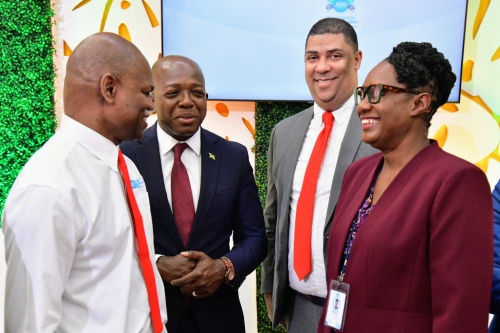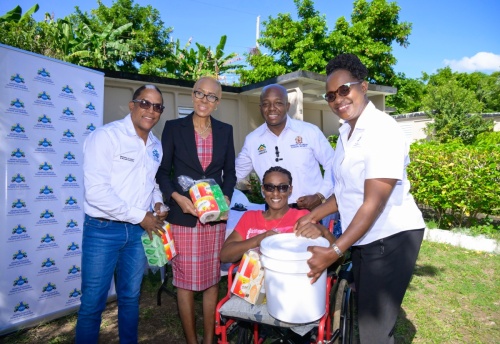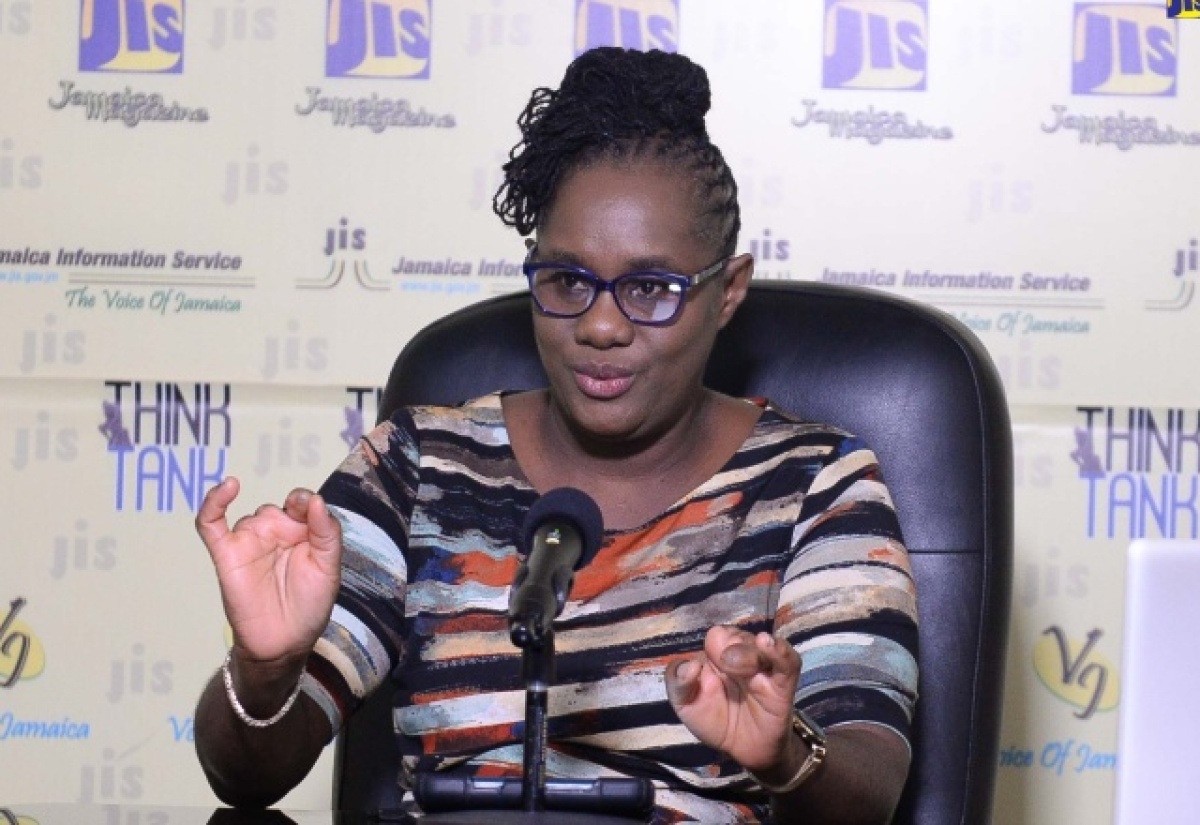JCPD Wants Census for Persons Living with Disabilities
By: , February 28, 2025The Full Story
The Jamaica Council for Persons with Disabilities (JCPD) is highlighting the need for a specific census to accurately capture the number of persons living with a disability in the country.
The call comes as the country observes the third anniversary since the implementation of the Disabilities Act in 2022.
Speaking during a panel discussion on the ‘I Am Able’ campaign held at Jamaica House recently, Executive Director of the JCPD, Dr. Christine Hendricks, says there is need for more data on disability in Jamaica.
“We have, over the years, through STATIN (Statistical Institute of Jamaica) been collecting data. However, we know that there is more to be done in terms of having a specific census possibly done on persons with disabilities, because there are varying numbers,” she notes.

She says the World Health Organization (WHO) has indicated that 15 to 17 per cent of the population of developing countries is comprised of persons living with disabilities, which, in Jamaica’s case, could be about 450,000 to 500,000 persons.
The Executive Director informs that currently the JCPD has a little over 17,000 persons in its database.
“What that says to us is that we are a far away from reaching the number of persons with disabilities in Jamaica to have them registered,” she points out.
Dr. Hendricks says that almost every Jamaican has a family member with a disability, noting that some persons “might not have come to the place of acceptance and recognition of that individual with a disability”.
“There are many persons with disabilities who do not identify themselves as a person with a disability. Because they have been so empowered, they do not know or recognise that they have a disability. I tell persons all the time that I was born with a disability [missing fingers] and didn’t know until I came into Kingston and learned from the previous [JCPD] Director that I have a disability and can register,” she says.
“I said a what? And he said, ‘you have a disability’. I said where? And he said ‘your fingers’ and I was like, oh, that’s what you call it. Because my grandaunt made sure I was no less; I did not learn less; I did not participate less in my family. So, there are persons who have disabilities that they do not recognise or identify, and those are persons that we also need to capture, separate and apart from those who have severe disabilities that are very obvious,” she says.
Currently, the Washington Group Questions, provided through the United Nations (UN) for bodies like STATIN, is utilised in collecting data on persons with disabilities.

The Washington Group Questions was developed for use in censuses and sample-based national surveys that are not disability-specific.
“The Washington Group Questions [include] two sets of questions – there’s a long set of questions and there’s a short group of questions that help to identify areas that will define disabilities,” Dr. Hendricks explains.
“When you’re doing the census, it will help to identify critical situations of persons with disabilities. It will speak to what it is that identifies the person with a disability, what it is that would identify their employment status. It will help to collect the data about the person with a disability to better help us to have those numbers and disaggregate those numbers for use and for policy and programme development and so on,” she points out further.
She says that, over time, some of those questions have been selected for use in the national census but notes that the questionnaire does not adequately capture all persons with a disability.
“It does not identify persons with a disability in all the areas that we need to have the information on. It is important, I believe, that a census for persons with disabilities specifically be done, and that is something that I have mentioned to our international partners,” Dr. Hendricks says.
She notes that the country has been identifying and supporting persons with disabilities through organisations such as the JCPD and the Early Stimulation Programme (ESP).




